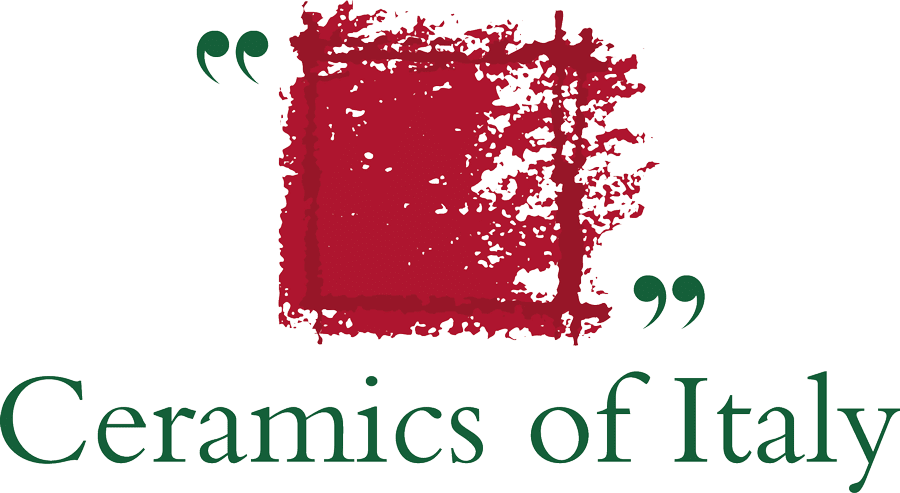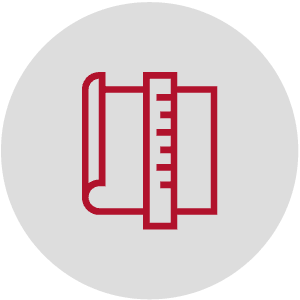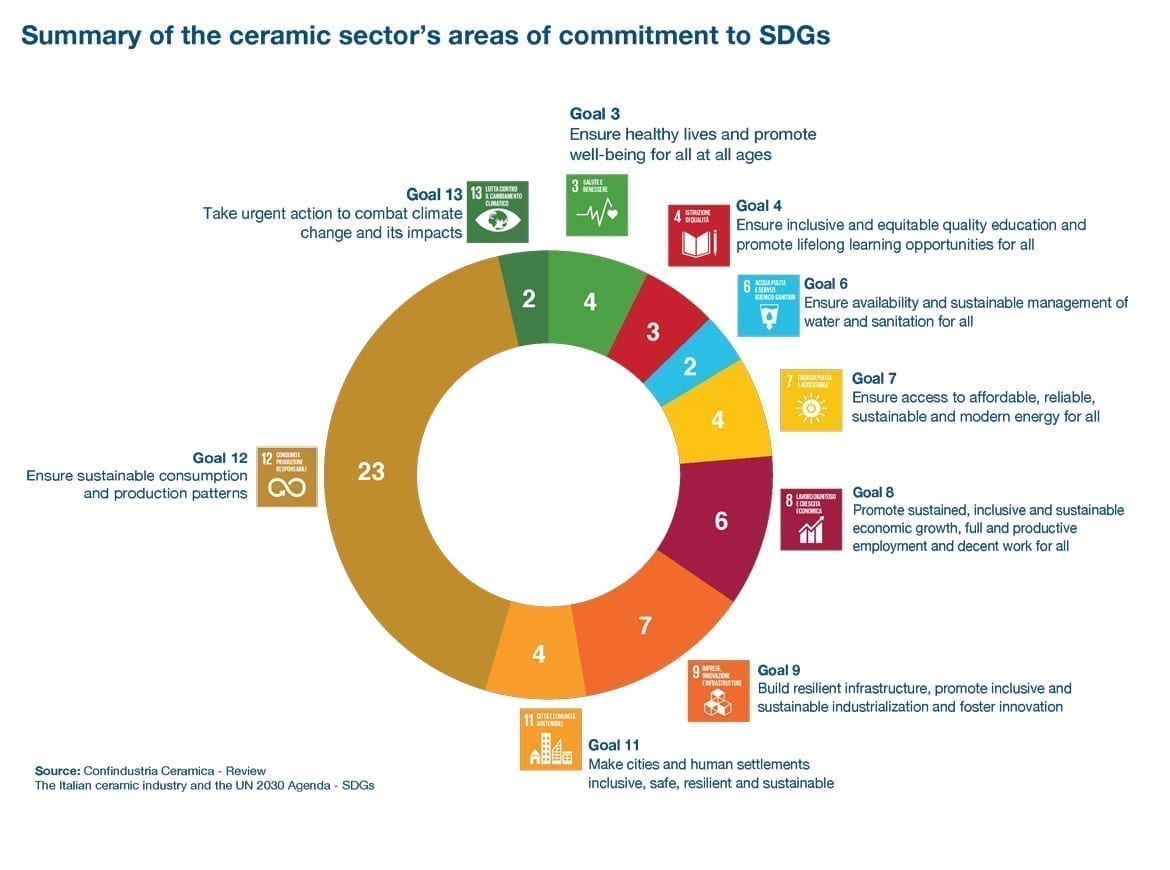A new international sustainability and international competitiveness benchmark for companies
To be able to compete at an international level, it is necessary to adopt new international sustainable development goals and approaches. The United Nations’ 193 Member States have signed the 2030 Agenda for Sustainable Development, which establishes 17 Sustainable Development Goals (SDGs) broken down into 169 associated targets to be achieved by 2030.
Business networks and individual companies in various countries have undertaken initiatives to promote these SDGs, thereby demonstrating to stakeholders their commitment to an integrated approach to the various aspects of sustainability as a factor underpinning responsible trade practices and competitiveness.
The 2030 Agenda is an international reference framework and benchmark for evaluating commitments to various aspects and themes of economic, social and environmental sustainability. It applies to governments at various levels, to companies of different sizes and from different industrial sectors, and to civil society.
The 17 SDGs and the 169 targets have a number of characteristics: they are both global and local in scale, they can be measured using appropriate metrics and indicators, and they are scalable and adaptable to companies of different sizes and sectors. They include new concepts and respond to new global challenges such as the Circular Economy, resilience, Smart Cities and new architecture, sustainable production and consumption, research and education, inclusion and social innovation, quality training, employee well-being and climate change actions.
New opportunities
Companies from different industrial sectors play a key role in developing solutions to the 17 Goals as they are capable of mobilising resources and delivering management and technological expertise as well as innovative new products and services with low environmental and social impact. They also offer fresh commercial opportunities for the development of new solutions and services for global and local economic challenges. With regard to Italy, in 2018 Confindustria promoted a manifesto entitled “Industry 4.0 Corporate Social Responsibility” and called on companies to commit to pursuing the various SDGs at an Italian level.
The SDGs offer many opportunities, including greater management, better relationships, brand reputation, new services, risk reduction, employee/supplier/customer engagement, new partnerships, commercial differentiation, alignment with ESG criteria and financial ratings regarding the impact of economic, social and environmental sustainability.
A European campaign entitled “CEOs Call to Action” is also in progress with the aim of encouraging the business world to make a greater commitment to environmental challenges in preparation for the Industrial Alliance for Sustainable Development due to be launched on a European scale in spring 2020.
2030 Agenda and the Ceramic Industry. 55 cross-cutting projects
The Italian ceramic industry can also inspire and support sustainable development actions addressing the 17 Goals and 169 targets at both a sectoral and individual company level.
In early 2019, Confindustria Ceramica commissioned Focus Lab to conduct the first sector Review with the aim of highlighting the main actions that have been adopted and are already consistent with various SDGs. The first quantitative type Review identified a total of 55 significant and voluntary projects, initiatives and practices (i.e. those that go beyond legal obligations) developed by the sector in recent years with a cross-cutting approach.
The 55 selected projects contribute to achieving 9 of the 17 SDGs. Most significantly, these include commitments for implementing Goal 12 (Responsible consumption and production) with 22 practices or projects, Goal 9 (Industry, Innovation and Infrastructure) with 7 projects, and Goal 8 (Decent work and economic growth) with 6 initiatives.
One of the first of its kind in Italy, this sector Review provides a qualitative assessment of the Italian Ceramic Industry with two underlying goals. The first is to determine the main sustainable development actions completed and in progress within the sector with respect to a range of issues (Green Management, Health and Safety, green product certifications, education and cultural events) and towards various key stakeholder groups including customers, architects, influencers, employees, suppliers, the public administration, regulatory authorities, research institutions and sales promotion agencies.
The second goal is to draw inspiration from the SDGs and identify new areas of development and actions for continuous improvement and integrated sustainability, targets for individual companies and the sector as a whole, evaluation metrics and a vision and profile of companies that create local and global value.
July 2019



 Architects
Architects
 Construction firms
Construction firms


